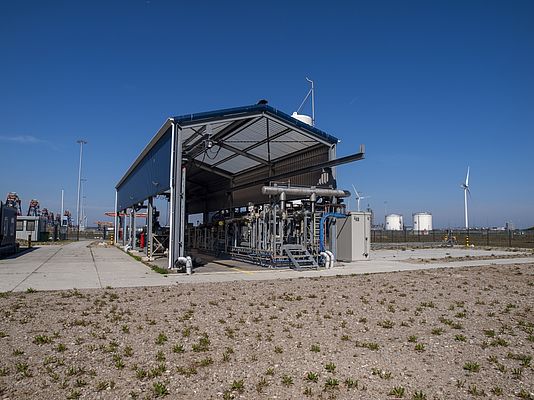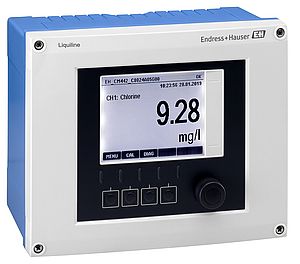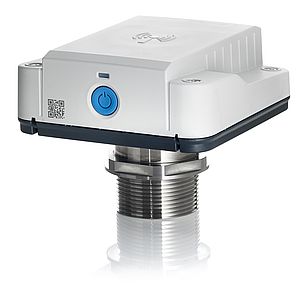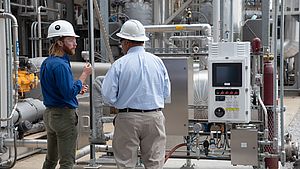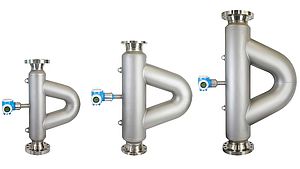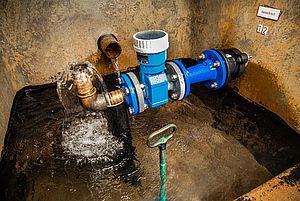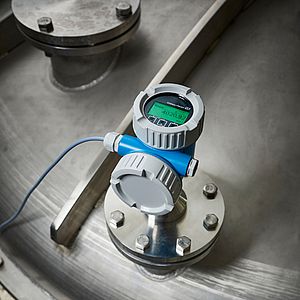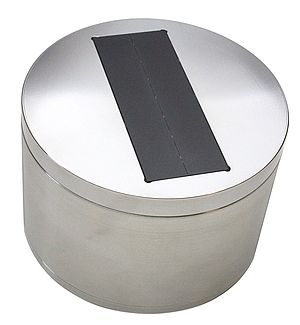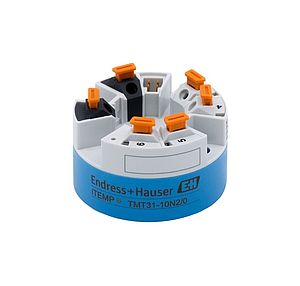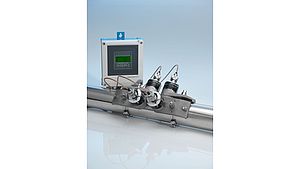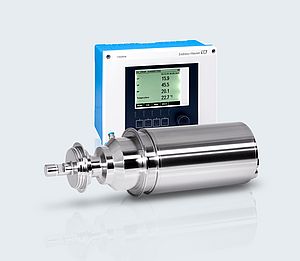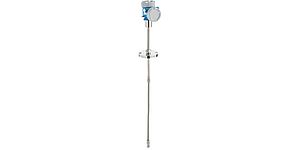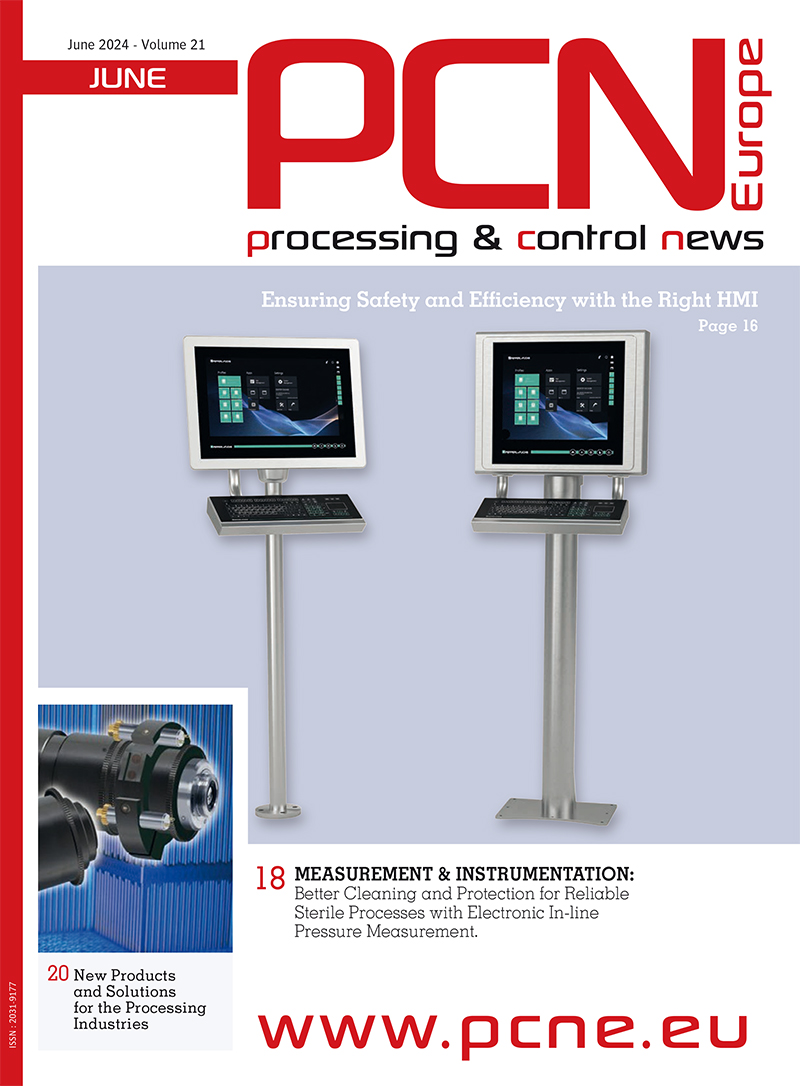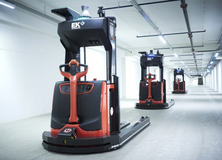During the transition period between the fossil and renewable energy eras, liquefied natural gas (LNG) is considered a key energy source to realize global emissions targets. LNG is particularly popular as a fuel in the long-distance transportation sector, such as trucks and marine, as it enables compliance with stringent environmental regulations on SOx and NOx emissions in the sector. In its liquid state, natural gas has a temperature of –163°C and a volume 600 times smaller than its gaseous state, making it efficient to transport. Since, with the usual large transport quantities, even the slightest measurement deviation can make a big difference in billing, accurate mass flow measurements are critically important for reliable trading relationships.
However, volume and mass flow measurements carried out at low temperatures are a major challenge for the measurement technology. The golden meters at the new laboratory therefore also include high-precision Coriolis flowmeters from Endress+Hauser, the Promass Q, and novel LNG thermometers. Volume and mass flow can now be determined with a measurement uncertainty of <0.20% and <0.15%, respectively, and lower than 0.08% for density measurements.
Precise temperature measurement by specially developed thermometer
The design of the thermometer developed in cooperation with the experts of the VSL combines the normally contradictory demands for stability against flow-induced vibrations on the one hand and minimization of the heat dissipation error on the other hand. The high level of calibration accuracy achieved in the LNG Research & Calibration Laboratory represents a new milestone in the history of flow measurement. Now, for the first time, a measurement uncertainty of 0.5%, which is common for other types of liquid fuels, can also be guaranteed for LNG.


